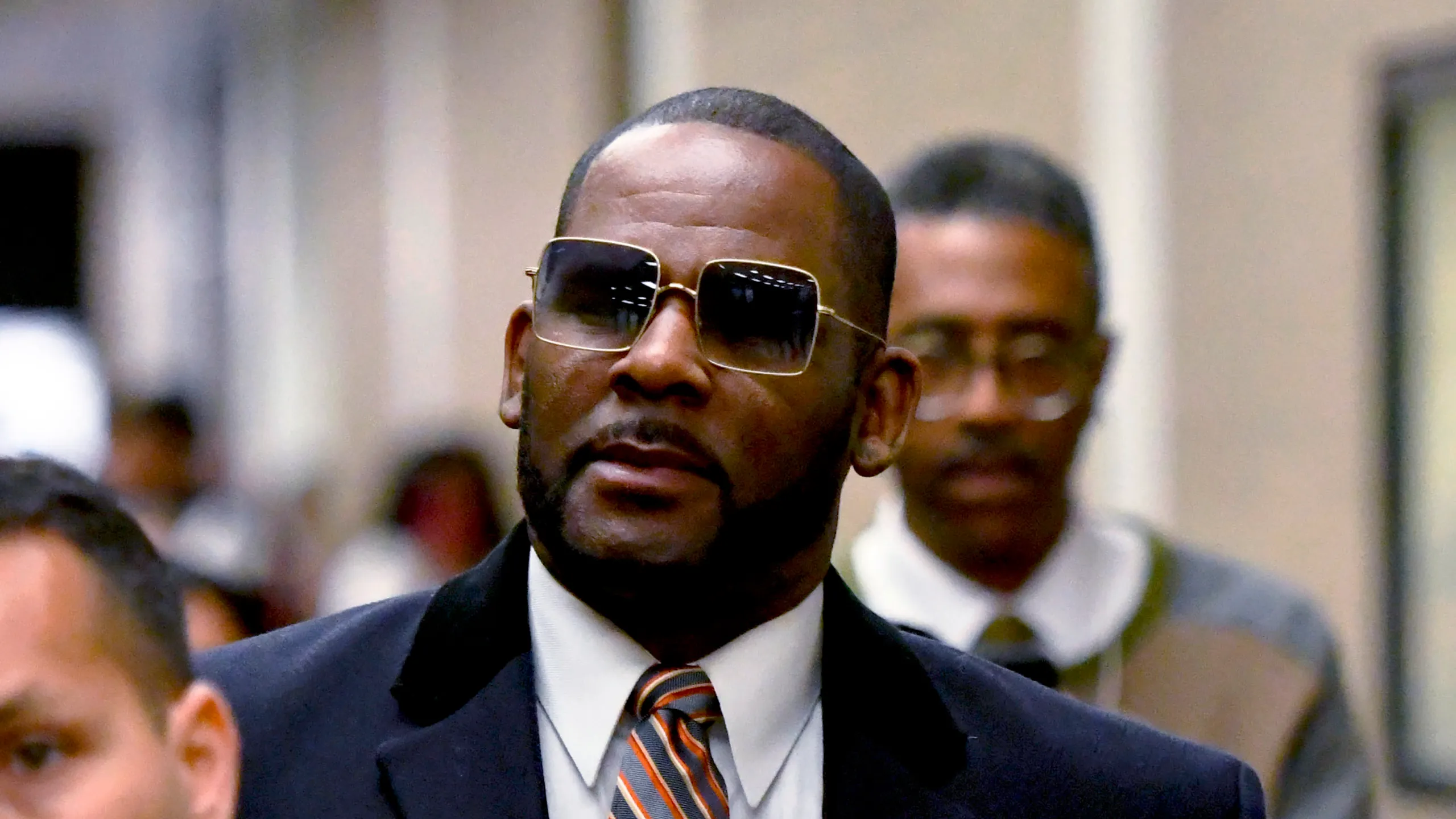R. Kelly’s conviction and 20-year sentence for sex crimes in a Chicago federal court were upheld by an appeals court, which issued a decisive ruling on Friday. The opinion, delivered by Judge Amy St. Eve of the 7th Circuit U.S. Court of Appeals, described Kelly’s longstanding abuse of underage girls and his efforts to evade accountability through a complex scheme to silence victims. Despite Kelly’s attempts to use the statute of limitations as a defense, the court affirmed his conviction, stating that the law did not exempt him and that his delay tactics were ineffective.
The appellate court also rejected Kelly’s request for resentencing, finding no grounds to challenge the 20-year prison term imposed by U.S. District Judge Harry Leinenweber. The ruling emphasized the fairness of the jury trial and the procedural integrity of the sentencing, particularly considering the egregious nature of Kelly’s offenses.

Kelly’s conviction in 2022 stemmed from child pornography charges related to explicit videos he made with his then 14-year-old goddaughter, referred to as “Jane,” as well as inappropriate sexual relations with two other teenage girls, “Pauline” and “Nia.” Despite Kelly’s argument that the statute of limitations prevented prosecution for crimes committed in the 1990s, the court upheld the charges, noting that Congress had extended the statute to cover such offenses.
In addition to the Chicago case, Kelly is appealing a separate federal conviction in New York for racketeering charges, for which he received a 30-year sentence. The majority of his prison time from the Chicago conviction will be served concurrently with the New York sentence. Despite Kelly’s efforts to challenge the legal basis of the charges, the appellate court firmly rejected his arguments and affirmed the validity of the prosecution’s case.
The court’s ruling addressed various legal arguments raised by Kelly’s defense, including the retroactive application of statutes of limitations and the consolidation of charges involving Jane. Ultimately, the appellate court sided with the prosecutors, emphasizing that Kelly’s claims lacked merit and that the law permitted the application of newer statutes of limitations to old conduct, given that Kelly was subject to prosecution at the time of the statutory change.

